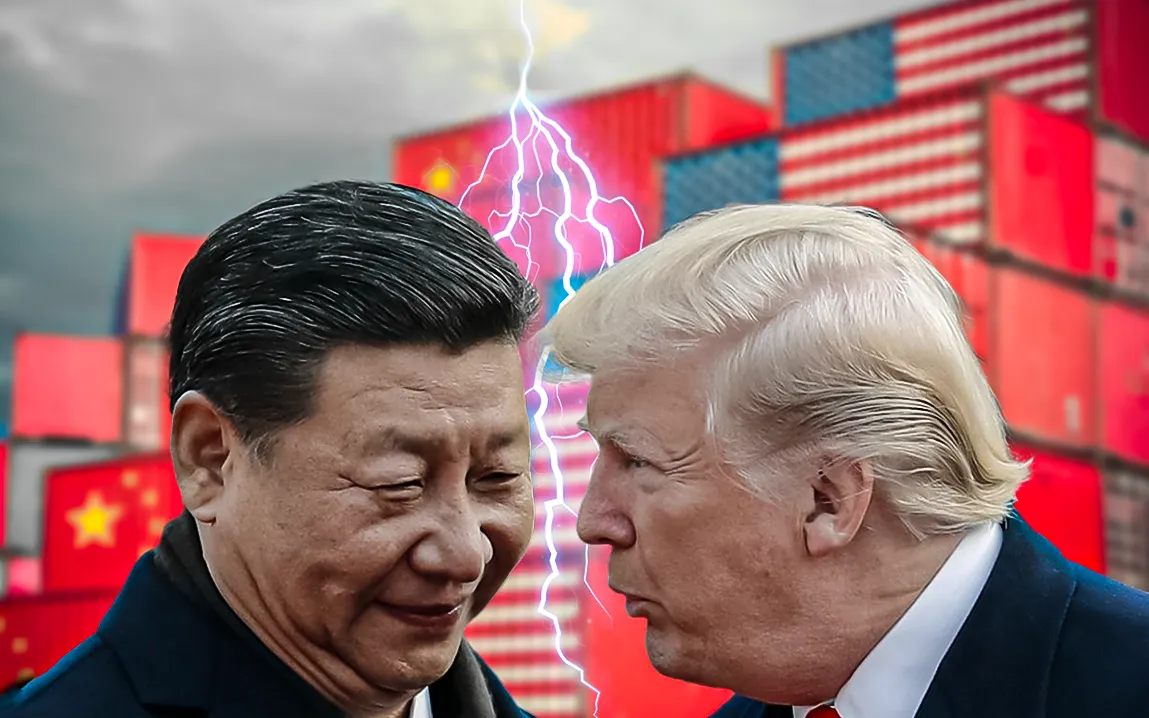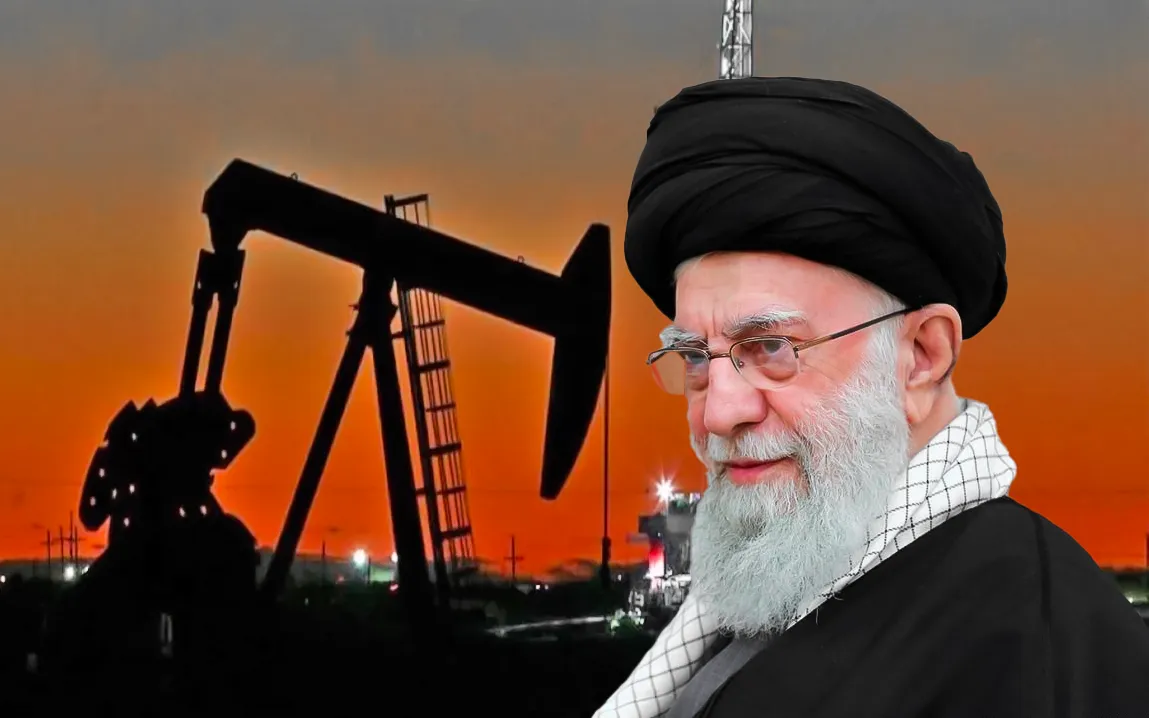China delivers a sharp message to the global community—back the U.S. in its tariff war, and you risk Beijing’s retaliation.
Beijing’s Red Line on Global Trade
China has sent a blunt message to countries that are considering joining with the United States in its rising, intense trade war. The threat is direct yet powerful: any country that aligns with Washington’s economic mission against Beijing’s interests will face repercussions.
“We firmly oppose any country engaging in trade or investment cooperation with the US that harms China’s interests,” the Chinese Commerce Ministry stated. “If certain countries insist on imposing discriminatory restrictions against China, we will take resolute countermeasures.”
This warning follows as tensions between China and the U.S. hit new heights, with both nations exchanging economic blows through harsh tariffs.
Tariff Tensions Heating Up
Under former President Trump’s reinstated economic agenda, the U.S. has rolled out aggressive tariffs on a broad range of Chinese products—some increasing by up to 145%. China has responded in kind, slapping retaliatory tariffs of up to 125% on American goods.
With U.S. trade deals expanding to include partners seeking relief from Chinese supply chain dependence, Beijing sees its global trade influence under threat.
A spokesperson from China’s Commerce Ministry reiterated the country’s firm stance during an interview with CNN:
“If certain countries insist on imposing discriminatory restrictions against China, we will take resolute countermeasures.”
A Global Trade Balancing Act
Nations like Japan, South Korea, and those in Southeast Asia find themselves caught in the middle. Aligning with the U.S. might bring short-term trade benefits—but also risks angering the world’s second-largest economy.
Beijing has accused the U.S. of “economic coercion,” pressuring other countries to limit trade with China in exchange for being spared from heavy tariffs. The ministry labeled this as a serious disruption to the international trade system.
“We urge relevant countries to remain vigilant and not dance to the tune of the US, so as to avoid harming their own long-term interests,” the ministry said.
What’s at Stake?
Global supply chains are already strained due to geopolitical conflict, pandemic aftershocks, and inflationary pressures. Any further division into rival trade blocs could escalate costs, weaken growth, and trigger long-term investment instability.
Economists caution that nations choosing sides risk not only immediate retaliation, but long-term damage to their exports and diplomatic relations. For many, neutrality may not be an option for long.
Beijing made its position crystal clear: “China will never allow its core interests to be trampled on. Any attempt to contain China’s development will ultimately fail.”
High Stakes, Tough Choices
As the trade war escalates, global leaders have to make their choice now—join Washington and risk Beijing’s wrath, or attempt to straddle a diplomatic tightrope between two economic giants. At least for the moment, China has planted its line in the sand.
The trade war isn’t just about tariffs anymore—it’s now about global alignments, economic sovereignty, and the international cooperation of the future.



